The onset of the fourth quarter has marked a significant resurgence in the A-share private placement market, showcasing a thriving environment for companies seeking capital. According to data from Wind, as of the time of this report, 70 companies have unveiled private placement proposals since October, surpassing the combined total from the first three quarters of the year. This renewed activity is not just limited to corporations, as mutual funds and other institutional investors have also ramped up their involvement, eager to seize the freshest opportunities in the rejuvenated market.
Recent announcements from various listed companies indicate a distinct uptick in private placement proposals, a trend that denotes a positive shift in the market. For instance, on November 26, Xiangdian Co., Ltd. declared that it had received approval from the Hunan Provincial State-owned Assets Supervision and Administration Commission for a private placement. This proposal involves issuing up to 30% of the company's total pre-issue shares, which translates to 398 million shares, aiming to raise no more than 2 billion yuan. Funds will be allocated to critical projects, including the development of aviation electrical systems and a high-speed motor system for magnetic bearings, while also bolstering the company's working capital.
Similarly, on November 25, Guanghong Technology announced a plan to raise up to 1.033 billion yuan through the issuance of shares to a select group of no more than 35 identified investors. The net proceeds will primarily fund the acquisition of 100% of AC Corporation and a smaller stake in TIS factory alongside enhancing liquidity. On November 20, Weichip Bio also revealed intentions to raise 960 million yuan through private placements aimed at financing innovative drug research and enhancing working capital.
The trend is clear: the private placement market within the A-share landscape has ignited dramatically in the fourth quarter with numerous companies rolling out new proposals. By October’s end, the total projected funds raised had reached an impressive 50.026 billion yuan, highlighting the contrast with previous quarters where the number of proposals fell below 60.
Moreover, mutual funds have shown a notable increase in enthusiasm for participating in these private placements. Throughout 2023, numerous investment firms have engaged actively in these funding initiatives, and the trend has accelerated into the fourth quarter. As of November 27, Hongrun Construction released a report confirming an actual issuance of 135 million shares to specific investors at a price of 3.71 yuan per share, gathering a total of 500 million yuan—after deducting costs, net funds reached approximately 491 million yuan. Notably, Nord Fund topped the allocation list with its allotment amounting to around 320.755 million shares and an investment of 119 million yuan.
Another compelling case is Jianjiawei’s report released on November 5, detailing an additional issuance of 63.987 million shares, which projected to raise approximately 3.833 billion yuan. The largest participation came from Caitong Fund, demonstrating the growing trend of fund companies aiming to acquire stakes in promising companies via private placements.
Statistics reveal that since the beginning of the fourth quarter, 12 mutual fund firms have engaged in private placements, collectively deploying approximately 4.582 billion yuan—a stark increase of 20% compared to the previous quarter's 3.872 billion yuan involving ten firms. Leading players such as Nord Fund, Caitong Fund, and Huaxia Fund have maintained their positions as top participants in the market through notable frequencies of share allocation.
Looking closely at the performance of these funds, many have recorded comfortable gains this year. Longshine Technology's earlier share issuance at 5.7 yuan has yielded a staggering return of over 160% based on recent closing prices, an indication of the potential available in this rejuvenated market.
From a strategic angle, financial professionals assert that the discounts offered in private placements allow large public mutual funds to optimize their portfolio reinvestments. Fund managers have become increasingly aggressive in capitalizing on the opportunities that these private placements present, a sentiment echoed by Tian Lihui, the head of the Financial Development Institute at Nankai University. He elucidates that such investments provide a hedge against typical market fluctuations, offering a unique entry point for funds looking to bolster their assets.
The surge in private placement activity is largely attributed to several interlinked factors. With the broader A-share market witnessing a revival, investor confidence has experienced a marked recovery. Policies promoting mergers and acquisitions further enhance this stimulating atmosphere. Consequently, companies seeking funds for transformation and growth are turning to private placements as viable financing solutions, especially given the pressing need for liquidity amidst a shifting economic landscape.
Additionally, the change in the funding intentions of companies undertaking these private placements cannot be overlooked. Consider the shift observed since the fourth quarter, where the predominant motivation for many has transitioned from simple refinancing to facilitating mergers and acquisitions. Among the 70 companies that released private placement announcements, over 30 cited asset acquisitions as their primary goal, showcasing a clear trend towards proactive market engagement.
In the midst of this evolving landscape, regulatory frameworks have also started adapting to better support funding initiatives. Recent updates emphasize that qualifying technology-based companies in the sci-tech innovation board can now bypass the previous limitations on refinancing, offering greater leeway in raising capital for research and development without stringent caps.
As experts like Yang Delong predict, the sustained rally in the A-share market could signal persistent engagement with private placements, further fostering a favorable environment for businesses and investors alike. The trajectory suggests that as market conditions evolve, so too will opportunities for growth and participation in the private placement sector continue unabated into 2024 and beyond, establishing a phenomenal atmosphere for future capital raising endeavors.

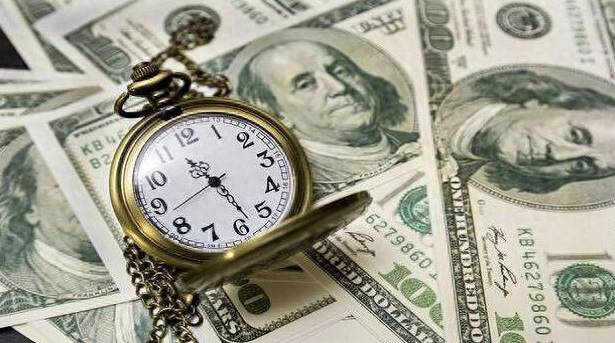
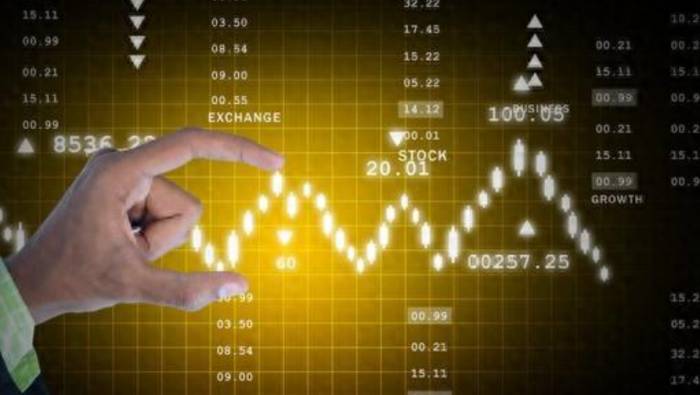




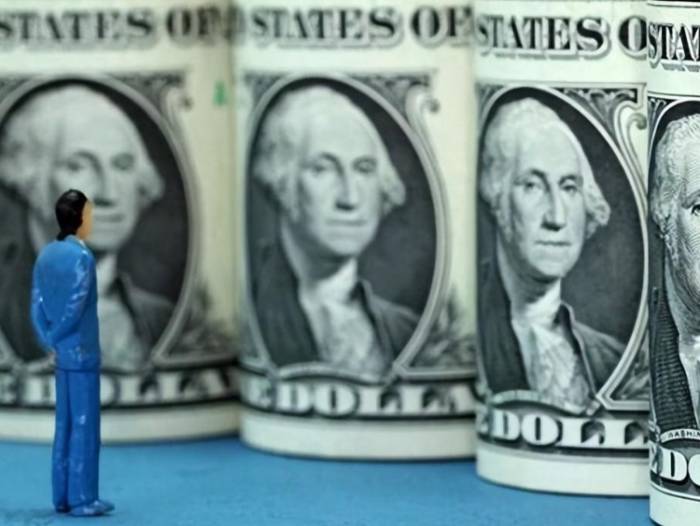

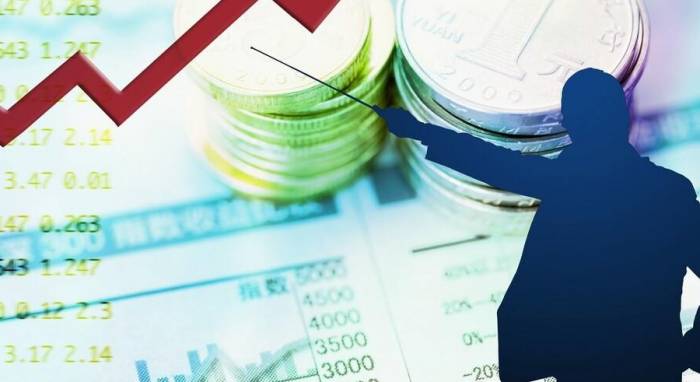



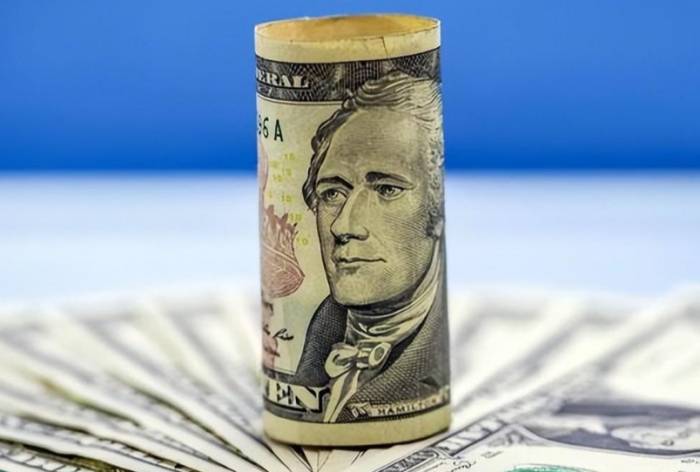
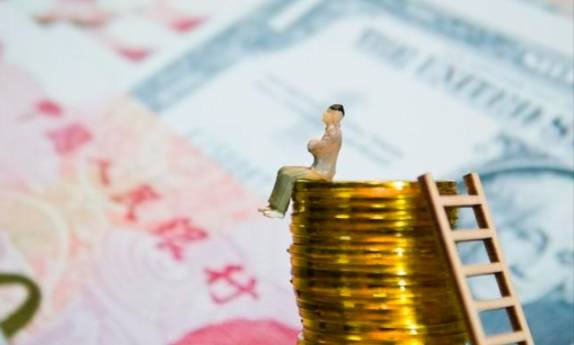
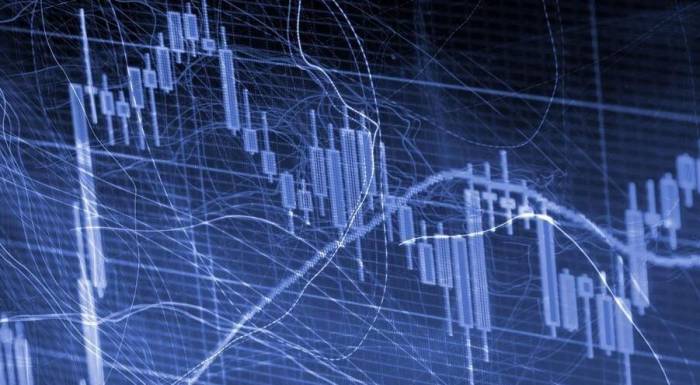
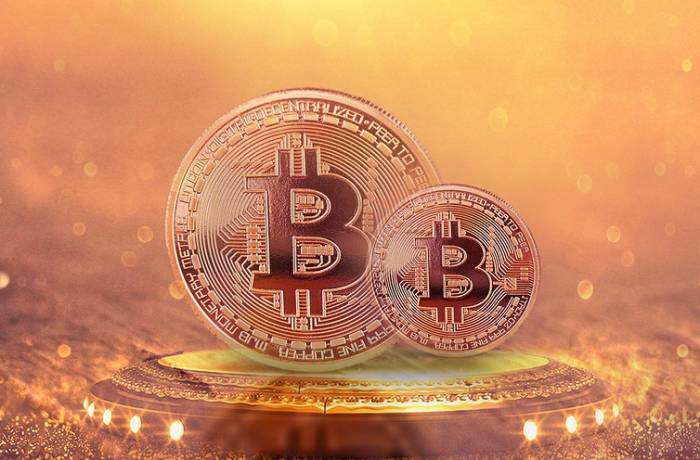

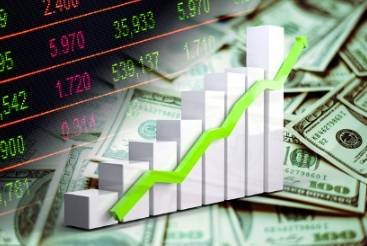
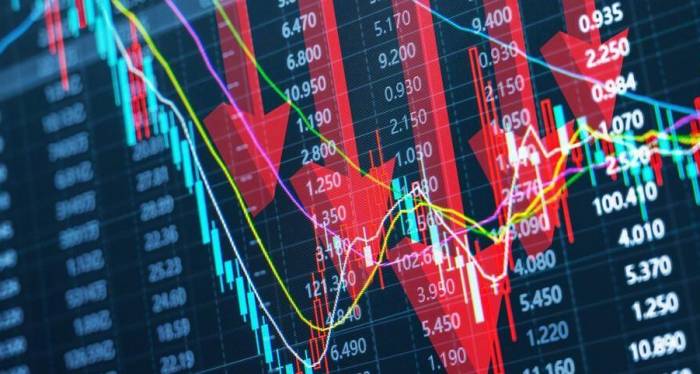

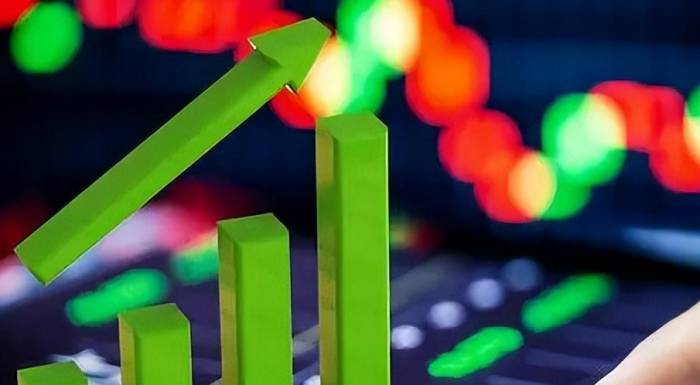

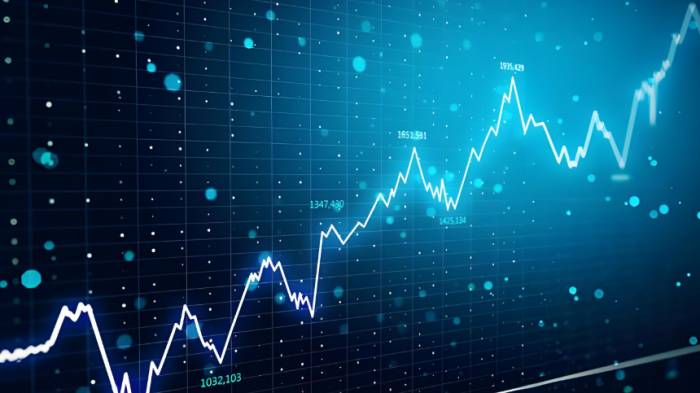

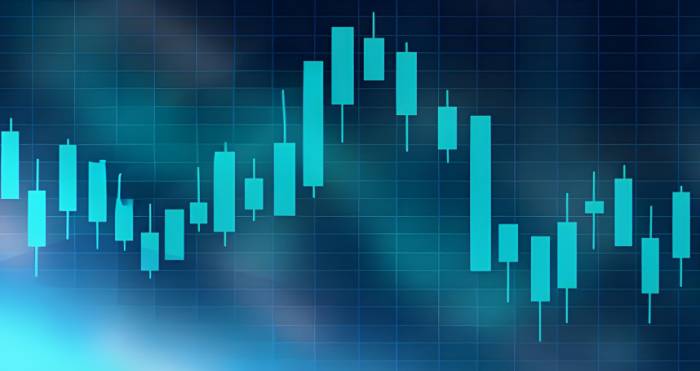


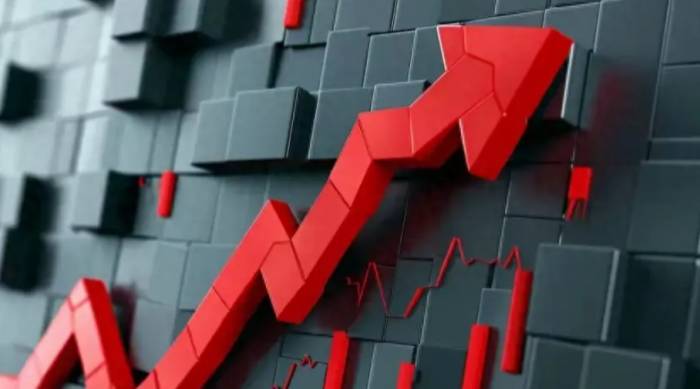

Join the Discussion